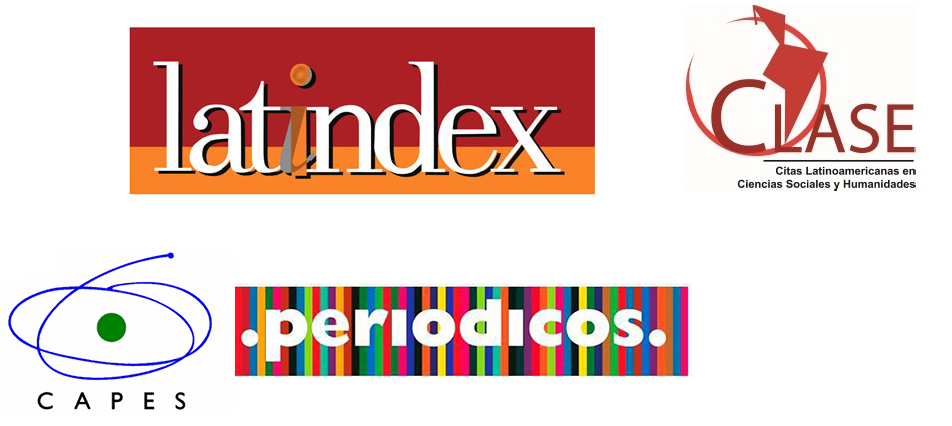UNIVERSIDADE DA TERCEIRA IDADE E OTIMIZAÇÃO DO BEM-ESTAR PSICOLÓGICO DE IDOSAS
Resumo
O objetivo deste estudo foi analisar a contribuição da Universidade da Terceira Idade para o bem-estar psicológico e para a prevenção do envelhecimento social em idosas frequentadoras do curso da terceira idade. A amostra foi constituída por 38 sujeitos (do gênero feminino), com idade igual ou superior a 60 anos, residentes na cidade de Curitiba ou Região Metropolitana, sendo 11 frequentadoras de uma Universidade da Terceira Idade (Grupo 01); 13 de um Grupo de Convivência de um Centro de Referência da Assistência Social, da Fundação de Ação Social de Curitiba (Grupo 02); e 14 residentes em uma Instituição de Longa Permanência para Idosos (Grupo 03). Os instrumentos utilizados foram o Questionário de Dados Biosociodemográficos, as Escalas de Bem-Estar Psicológico (versão reduzida), e o Diagrama da Escolta. Os principais resultados indicam, em relação às Escalas de Bem-Estar Psicológico, diferenças estatísticas com 5% de significância entre as médias da Escala 05 – objetivos na vida dos Grupos 01 e 02, e 01 e 03 –, e também entre as médias totais dos Grupos 01 e 03, verificadas por meio do Test e de Tukey; em relação ao Diagrama da Escolta, a minoria dos Grupos 01 e 02 e a maioria do Grupo 03 apresentaram indicadores ou sinais do envelhecimento social, verificados por meio da análise do discurso. Os resultados sugerem que o Grupo 01 provavelmente vivencia contingências positivas e reforçadoras, que previnem o envelhecimento social e otimizam a qualidade de vida, o que ocorre parcialmente no Grupo 02 e não ocorre no Grupo 03.
Palavras-chave: Envelhecimento; Bem-estar psicológico; Envelhecimento social; Universidade da Terceira Idade.
ABSTRACT
The aim of this study was to analyze the contribution of the University of Third Age to the psychological wellbeing and the prevention of social aging in elderly women attending the course of the third age. The sample consisted of 38 individuals (females), aged 60 years or more, resident in Curitiba and metropolitan region, out of those individuals 11 attend a University of Third Age (Group 01), 13 attend a Coexistence Group of a Reference Center for Social Welfare of the Social Action Foundation of Curitiba (Group 02), and 14 residents of a Long-Stay Institution for Elderly People (Group 03). The instruments used were the Biosociodemographic Data Questionnaire, the Psychological Well-Being Scales (short version), and the Convoy of Social Support. The main results indicate regarding the Psychological Well-Being Scales, statistical differences at 5% significance between the average of the Scale 05 - goals in life from Groups 01 and 02, and Groups 01 and 03, and also between the total averages of Groups 01 and 03, verified by the Tukey Test; regarding the Convoy of Social Support, the minority of the Groups 01 and 02, and the most of the Group 03 had indicators or signs of social aging, verified by means of discourse analysis. The results suggest that the Group 01 will probably experience positive and reinforcing contingencies that prevent social aging and optimize the quality of life, what occurs partly in the Group 02 and does not occur in the Group 03.
Keywords: Aging; Psychological well-being; Social aging; University of the Third Age.
Palavras-chave
Texto completo:
PDFApontamentos
- Não há apontamentos.

 Revista PsicoFAE: Pluralidades em Saúde Mental
Revista PsicoFAE: Pluralidades em Saúde Mental